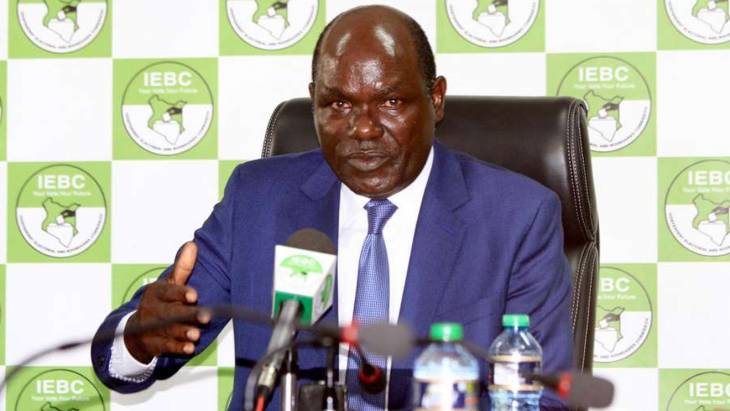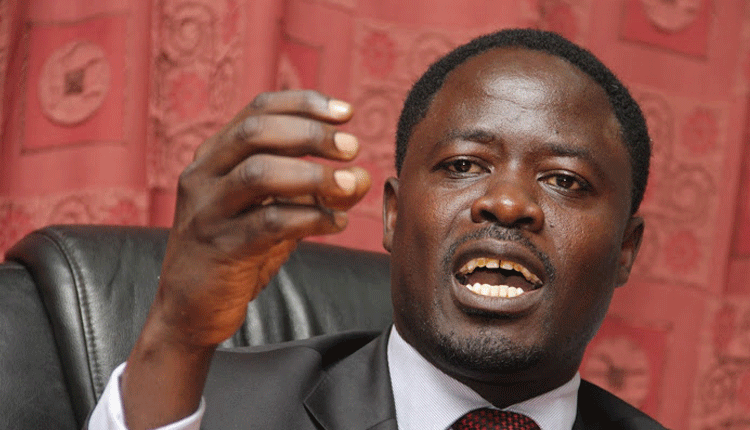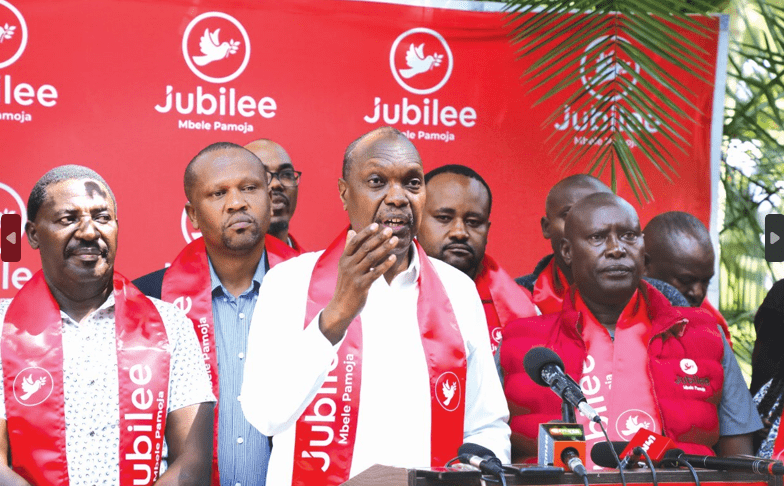Discipline vital for success of political parties

Opiyo Wandayi
The liberty to make political choices, including the right to form and/or participate in the activities of a political party, is enshrined in the Constitution.
To give effect to this provision, Parliament enacted the Political Parties Act in 2011, which provides the framework for the registration, regulation and funding of political parties.
It also creates the Office of the Registrar of Political Parties and the Political Parties Disputes Tribunal with corresponding functions.
The running thread in these functions is the maintenance of order in the management of political parties.
Logically, political parties merit the latitude to manage their internal affairs without undue interference from external forces, including the regulatory authorities.
The intervention by the statutory bodies in the internal affairs of a political party should be kept to a bare minimum lest it curtails parties from operating freely.
Moreover, in a multiparty context, anyone is free to associate with and join any political party of his/her own choice.
Choosing to join a political party out of one’s own free will implies the readiness to be bound by the constitution, rules and regulations of that party.
Since political parties are vehicles for the expression of political choices, whenever a party takes a particular position, its members are expected to be guided accordingly.
It’s also reasonable to assume that the party’s position advances the common good of membership and society.
Every party has internal mechanisms for the management of own affairs including dispute resolution.
And over time, political parties have developed their own unique cultures that determine when to reward or punish a member on the basis of their conduct.
Whipping members in legislative institutions is universally respected tenet. It’s one of the methods by which parties exercise authority over their members.
For instance, if a party’s representative in a legislative body differs with a party position on a particular matter, the party’s position must prevail.
Ordinarily, political parties are the embodiment of the hopes and aspirations of its membership.
The more reason why external authorities should always exercise restraint and an abundance of caution in getting involved in matters of political party discipline.
In any election, it’s assumed that every party would know which of its members deserves nomination to whichever legislative body, at National or County level, to serve its interests.
And in Parliament or County Assembly, the political party understands best which of its members can serve the party interests in specific house committees or leadership positions.
Clearly, then, if a party nominates members to particular positions, it should be free to discharge them without reference to any other person or authority.
In some cases, parties lose total control and become mere bystanders on matters that directly concern and affect them.
For instance, a party may develop and forward the requisite party list to the Independent Electoral and Boundaries Commission (IEBC).
And a situation may arise where a nominee vacates his/her seat yet the person listed next in line for nomination may have lately deviated from the party’s ideals.
Must the party be forced to nominate such a person merely because IEBC regulations on nominations dictate so?
Shouldn’t the party have the leeway to substitute the nominee in the list with a member who can be relied upon to execute the party agenda?
There can be no justification for a political party to retain a representative whose loyalty is in doubt and who would have no qualms in scoring in his own party’s goal.
These are just but some of the contradictions in our laws that need to be sorted out.
Granted, some political party leaders may, at times, overreach themselves when enforcing party discipline.
That does not, however, justify the emasculation of parties in the management of their own affairs.
The democratic stability of a country largely relies on strong and dependable parties that have the capacity instil and maintain discipline among members, without undue suffocation from third parties.
The success of political parties depends heavily on discipline, faithfulness and loyalty. —The writer is Ugunja MP and ODM Secretary for Political Affairs















